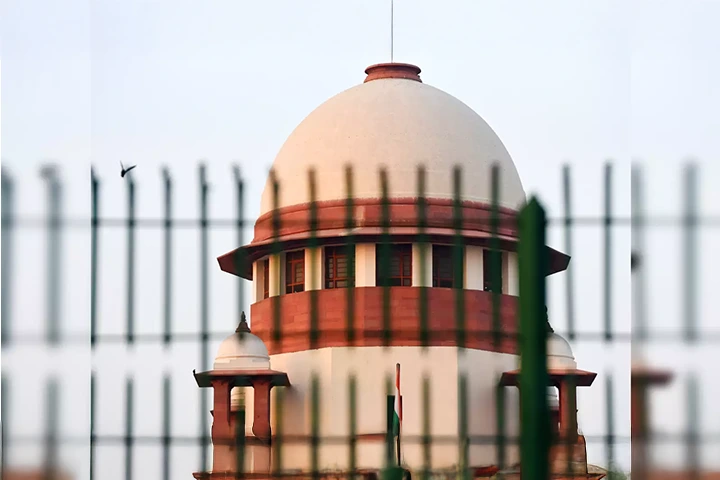In a landmark decision, the Supreme Court of India has ruled that sexual relations within a consensual extramarital affair cannot be classified as rape, even if one party later alleges that the act was predicated on a false promise of marriage. This judgment was delivered by a bench comprising Justices B.V. Nagarathna and N. Kotiswar Singh, who overturned a seven-year-old First Information Report (FIR) filed at Kharghar police station in Mumbai.
Case Background
The case involved Mahesh Damu Khare, a married man, and Vanita S. Jadhav, a widow. Their relationship began in 2008 and spanned several years. Jadhav alleged that Khare had promised to marry her and, on this basis, engaged in sexual relations with her. However, the situation escalated when Khare’s wife filed extortion charges against Jadhav, prompting Jadhav to file a rape complaint in March 2017.
The Supreme Court, in its analysis, highlighted the prolonged nature of the relationship and noted that it was untenable to conclude that the physical relationship between the two was solely predicated on Khare’s alleged promise of marriage. “Complaints of breach of promise to marry should be filed promptly and not after years of consensual sexual relations,” the court remarked.
Concerns Over Criminalizing Consensual Relationships
The ruling emphasized a growing concern about the tendency to criminalize consensual relationships when they fail or sour. The bench observed, “Courts must be cautious while entertaining allegations of rape in such scenarios, as prolonged consensual relationships often complicate the narrative.” This judgment is expected to set a precedent for distinguishing genuine cases of sexual assault from disputes arising from failed relationships.
Implications of the Verdict
The decision underscores the need for prompt action when filing complaints related to false promises of marriage. According to the court, such delays undermine the credibility of the allegations and blur the distinction between consensual relationships and criminal acts.
Legal experts believe this ruling will provide clarity in handling similar cases and prevent the misuse of rape laws. While the court stressed the importance of protecting victims of genuine sexual assault, it also cautioned against weaponizing legal provisions to settle personal scores.
This judgment reaffirms the principle that consensual acts between adults cannot be retroactively deemed criminal based on subsequent claims or disagreements. It underscores the judiciary’s role in balancing the protection of individual rights with ensuring justice is not misused.
This landmark ruling by the Supreme Court establishes a significant precedent in distinguishing consensual extramarital affairs from criminal acts of sexual assault. It serves as a reminder of the importance of timely and credible complaints in such sensitive matters. The decision not only upholds the sanctity of consensual relationships but also highlights the judiciary’s responsibility to prevent the misuse of laws designed to protect victims. As this case demonstrates, the courts play a critical role in safeguarding justice while ensuring that legal provisions are not exploited.

